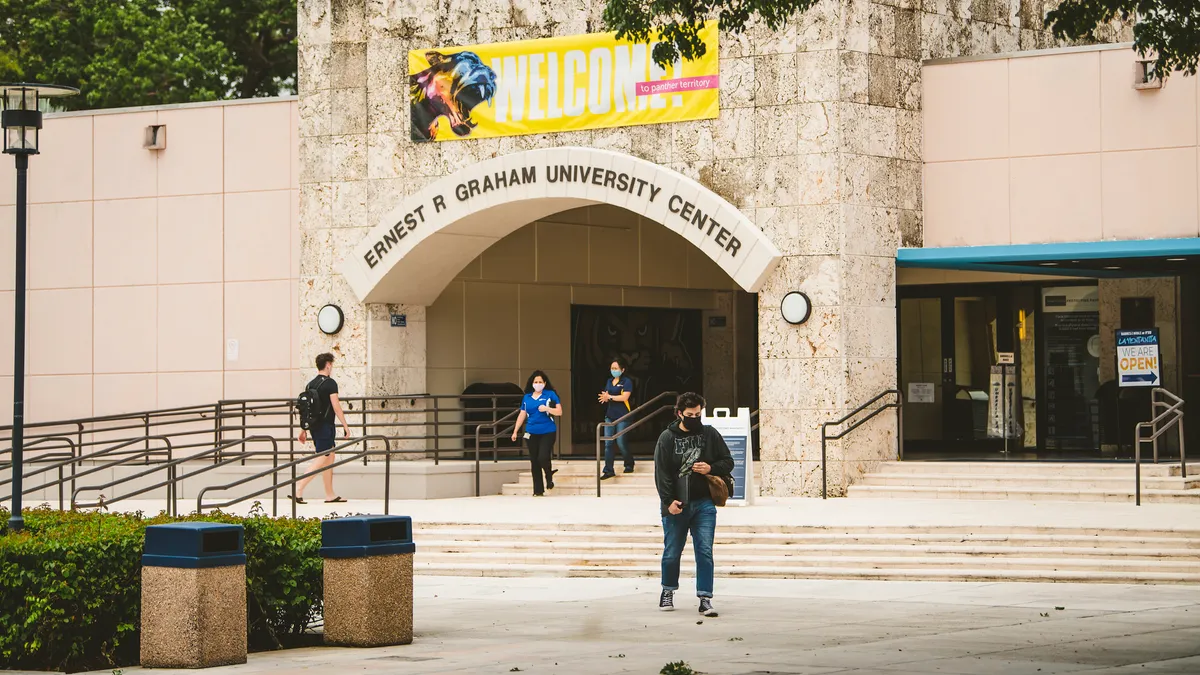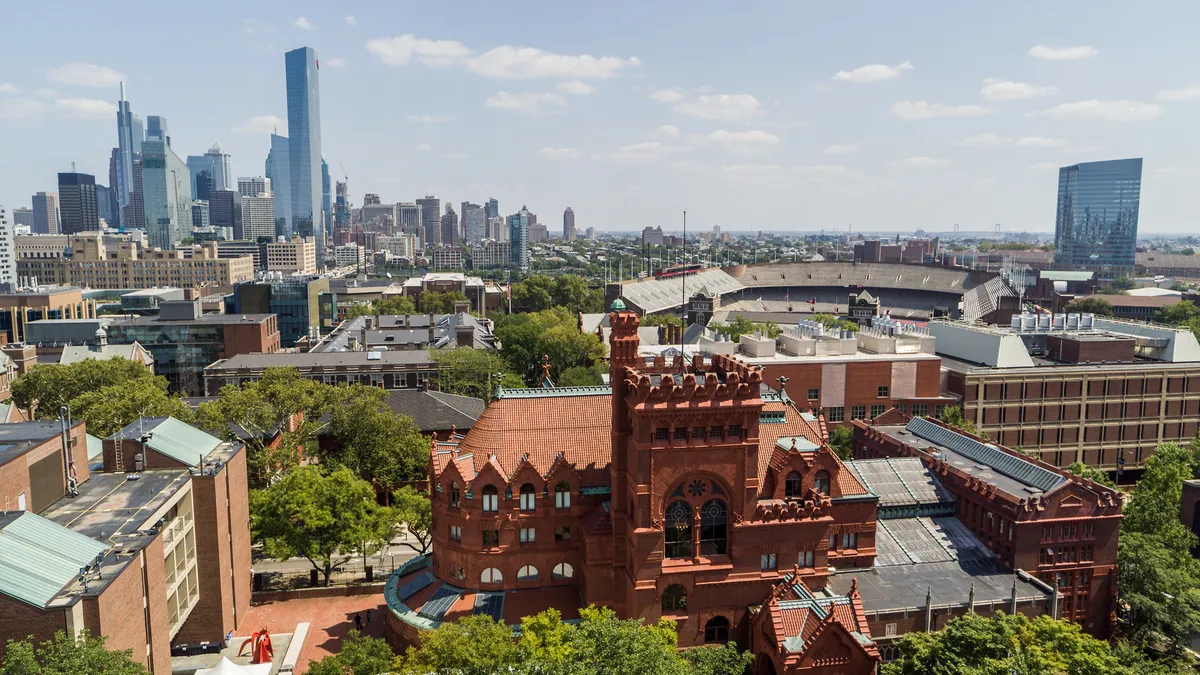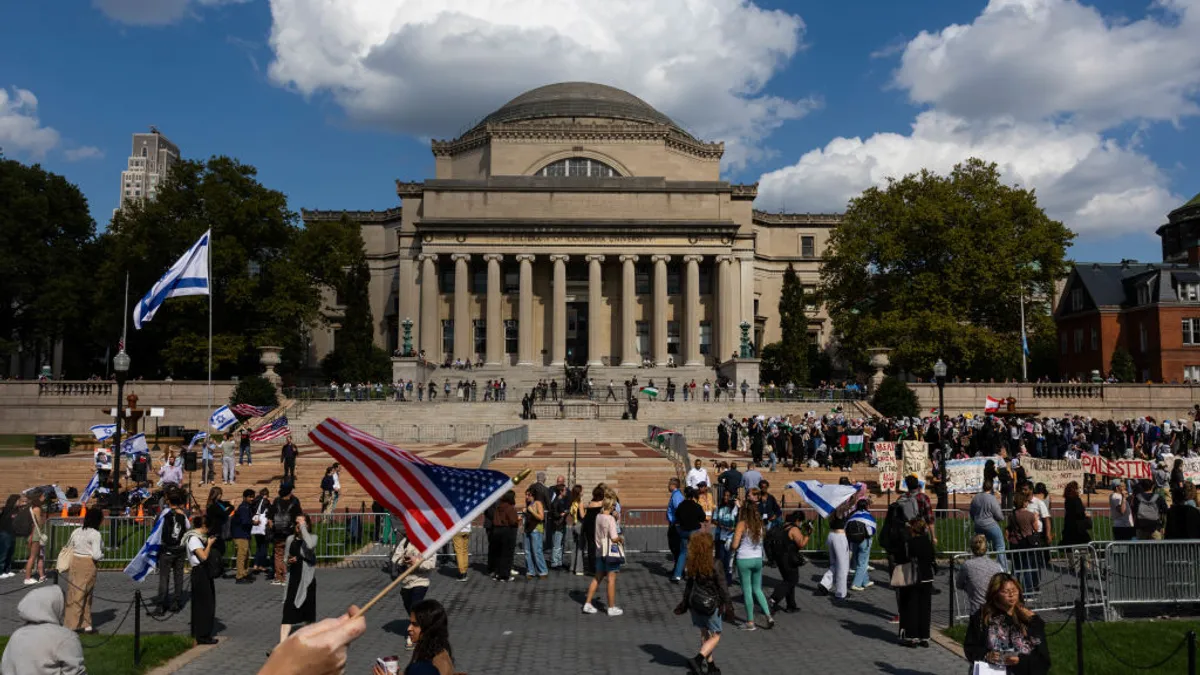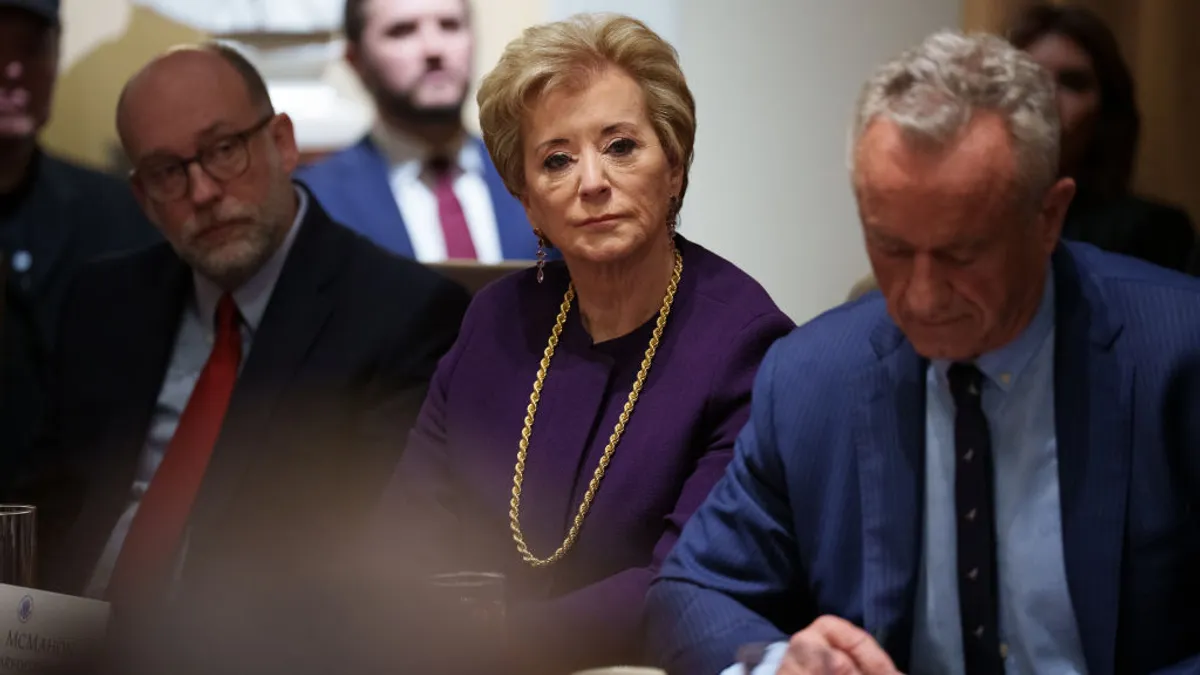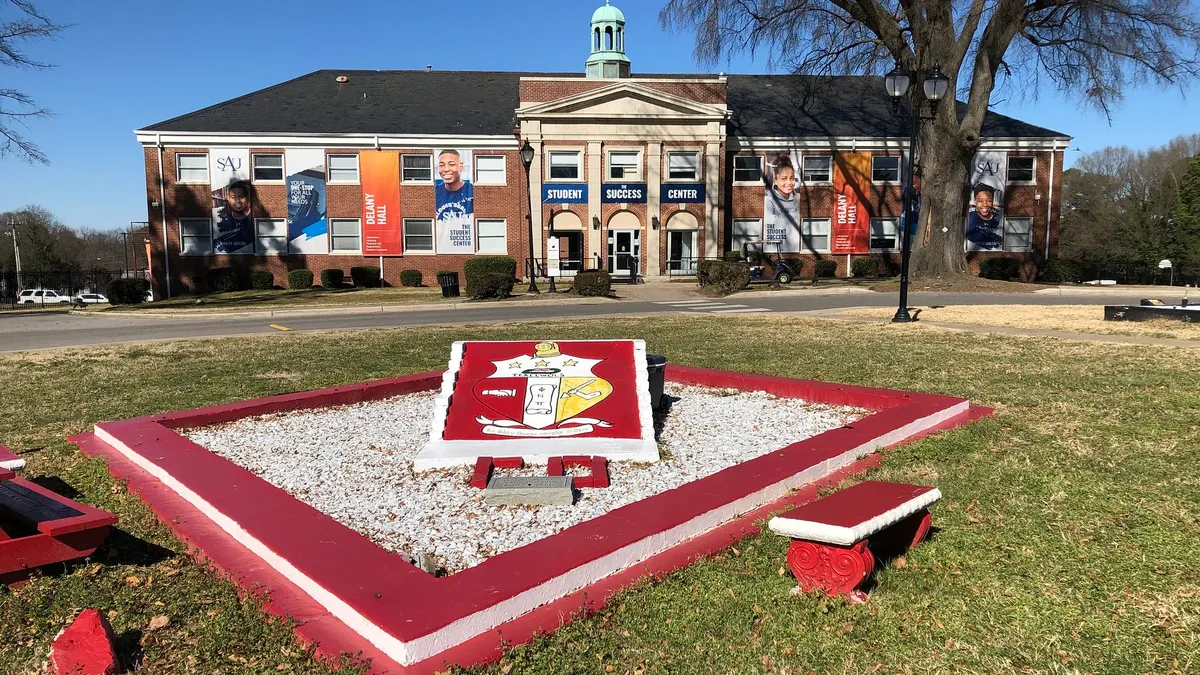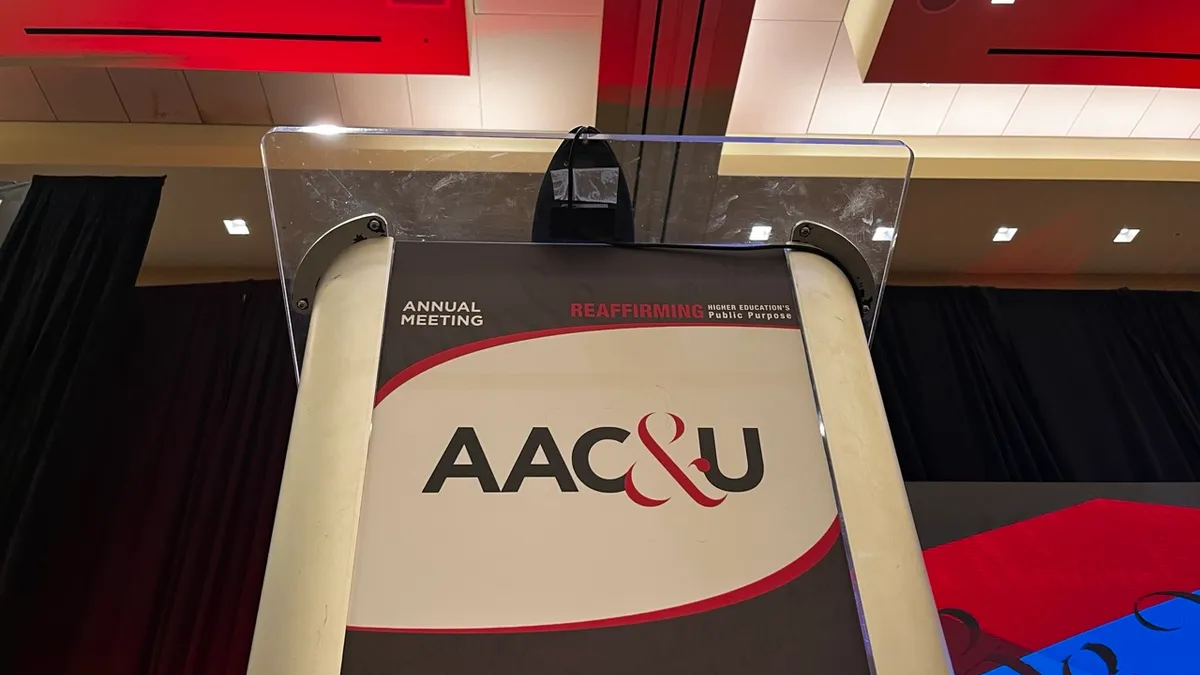Mark B. Rosenberg is the president of Florida International University.
Decades ago, as a young assistant professor, I presented my department chair with a problem I assumed she could readily address. I did not expect her mocking reply: "Mark, any relationship between how I was trained as an academic and what you are asking me is purely coincidental."
Her comments still resonate, as my team at Florida International University and I negotiate, on a minute-by-minute basis, the personal and institutional challenges presented by the COVID-19 pandemic. This is a place we've never been before, and there's no modern-day precedent for decision-making. No annual tabletop drills or hurricane readiness strategies to consult.
However, at one of our first pandemic emergency planning meetings in the spring, I tasked our team with embracing five values that have always proven effective in my years of leadership: Stay calm, have clarity about the issue at hand, be intentional in seeking solutions, be creative and be flexible in meeting the needs of others.
Leaders simply cannot panic, neither personally nor professionally. Our team had the tools and cohesion needed to face the pandemic challenges ahead. But only with clarity would we effectively identify threats and find options to mitigate them. With clarity comes intentionality in developing leadership strategy and identifying next steps.
Flexibility and creativity are imperative without any prior experience handling pandemics, and with a complex layering of health advice, policies and regulations, the politicization of the pandemic, and the differing scientific approaches to building a credible response.
This became FIU's playbook, as our university transitioned to fully remote working and learning in mid-March. The lessons came quickly and clearly.
Embrace the unthinkable. The energy and excitement of university commencements were temporarily replaced by virtual celebrations for graduates watching from their living rooms.
Be willing to listen to alternative views. While our emergency management team is a close-knit group that knows and trusts each other, groupthink threatened our effectiveness. Someone in the group should be willing to play devil's advocate.
Manage expectations and ambiguity. The uncertainty of the present is paralyzing. Remember toilet paper quotas and empty shelves that once stocked hand sanitizer? How does one reconcile this upside-down view of the world with the inherent can-do approach and goodwill that drives decent people?
As spring merged into summer, we began understanding we'd likely never go back to the "old normal." Instead, a "new normal" might be possible. We embraced the idea we could be better and stronger because of the extreme challenges posed by the pandemic.
One of the drivers of this changing mindset was some enlightening data we gathered from faculty, staff and students.
An early summer survey of more than 9,000 of our faculty and staff revealed some informative — and surprising — facts. Forty-six percent reported they were just as effective while working remotely, and 37% said they were more effective. Our faculty noted their ability to work more directly with students who they otherwise would have trouble reaching.
During this period of remote working and learning, we leveraged the newfound connectivity of our community through Zoom-based conversations and town halls. To keep our community connected and unified, we created a series of conversations featuring more than 30 town halls focused on specific groups such as our students, international students, faculty and staff.
Never have we had better attendance or more participation. The numbers speak for themselves: Our town halls have reached nearly 15,000 people and generated more than 2,500 questions through direct dialog and the "chat" feature of Zoom.
Managing expectations of all stakeholders has been a challenge. Perhaps the biggest of those has been the extreme disappointment among our students when they learned in-person commencements were suspended due to health guidelines. We improvised and found opportunities to personalize our virtual ceremonies. To my surprise, our graduating students adapted well. Nearly 50,000 viewers saw our spring 2020 commencement.
During the past few months, I have seen our university community do amazing things in trying times. For example, in partnership with our county, the Florida Department of Health and the county fair, we opened a COVID-19 testing site. We have tested more than 250,000 local residents.
Now, as we strive to repopulate our campuses with a greater selection of in-person and hybrid classes, students are being responsible and proactive, and our faculty and staff are doing what it takes to ensure coronavirus infection numbers remain low.
The current global health challenges have only magnified and accelerated the need to be adaptable and innovative. And now, as we try our return to "normalcy" — and with so many unknowns due to the persistent threat of COVID-19 — we must continue to embrace change and be creative.
Sometimes supporting student success means making once-unthinkable decisions. We're up for the challenge, as long as we keep calm and stay focused, intentional, compassionate and creative. We not only rose to the occasion, but we learned we can survive and thrive regardless of the difficulties we encounter — or that find us.


